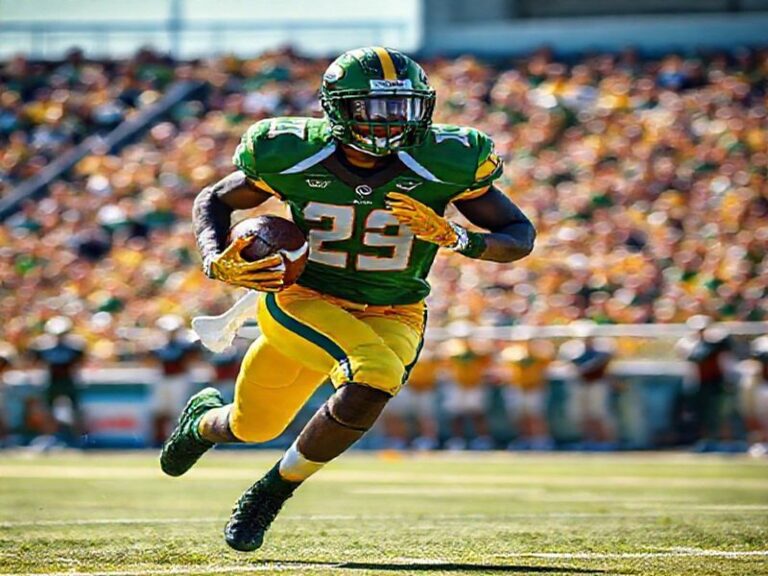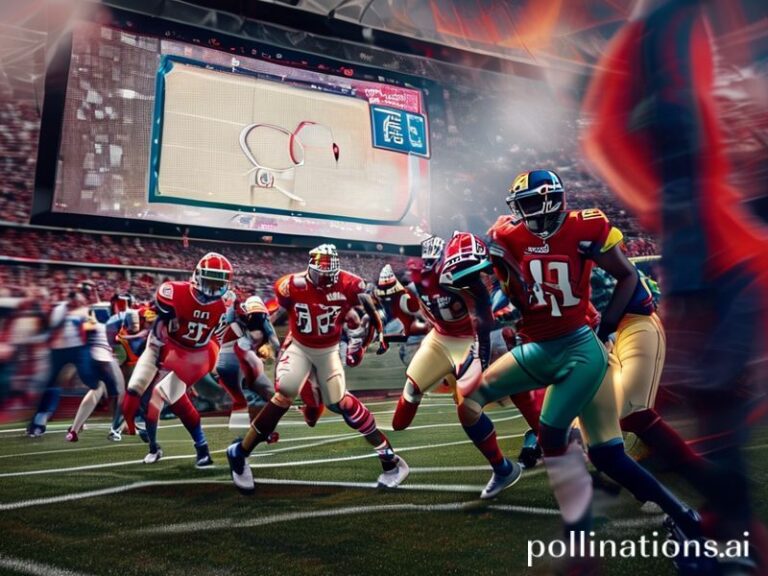Real Madrid vs Espanyol Timeline: How Empire Always Wins the 90-Minute Tragedy
Real Madrid vs Espanyol: A Timeline of Empire, Hubris, and the Quiet Misery of the Underdog
Madrid, 28 April 2024 – Somewhere between the 13th-century reconquista and the 21st-century Champions League anthem, Real Madrid decided that losing was a moral failing best left to the peasants. Espanyol, meanwhile, has spent 120 years perfecting the art of being a polite speed bump. Their timeline together reads less like a sporting rivalry and more like a tragicomic opera staged for a planet that secretly roots for Goliath because David’s dental plan is rubbish.
1902 – Spain’s King Alfonso XIII grants Real Madrid the royal crown. Espanyol, founded by Catalan students, opts for a sensible stripe pattern and the modest dream of occasionally finishing mid-table. The world is still busy partitioning Africa and inventing barbed wire, so nobody outside Iberia notices that one club has already won history while the other has merely rented it.
1929 – La Liga opens for business. Real Madrid finishes second; Espanyol, sixth. A pattern emerges: one team collects silverware; the other collects existential dread. In New York, the stock market is about to collapse, but on the Madrid stock exchange Florentino Pérez is still just a gleam in a venture-capitalist ancestor’s eye.
1943 – Copa del Generalísimo semifinal. Real Madrid 11, Espanyol 1. General Franco reportedly “enjoys the match,” which historians agree is the politest way anyone’s ever rubber-stamped a massacre. The scoreline becomes a metaphor taught in Latin American dictatorships: if you can’t beat them, triple their budget.
1960 – Real wins the first-ever European Cup. Espanyol wins promotion back to the top flight. Somewhere in the Congo, Patrice Lumumba is assassinated; European headlines prefer the Di Stéfano volley. Colonialism dies; branding begins.
1995 – Laudrup dazzles at the Bernabéu; Espanyol hires a Danish coach named Michael, presumably on the theory that all Scandinavians are equally magical. They finish sixth and qualify for the UEFA Cup, proving that even mediocrity can be exportable if you add subtitles.
2007 – Espanyol reaches the UEFA Cup final, loses on penalties to Sevilla. Real Madrid, having exited early, spends the summer buying Dutchmen in a panic. The global audience shrugs: the final was on a Thursday, and Thursday is for niche markets and artisanal gin.
2018 – Ronaldo leaves. Real spirals into a brief identity crisis, defined as failing to reach the Champions League final for an entire 12 months. Espanyol, sensing vulnerability, beats them 1-0 at the RCDE Stadium. Chinese owner Chen Yansheng congratulates players via WeChat. Wall Street algorithms register a 0.0003 % dip in Adidas futures. Civilization endures.
2022 – Espanyol is relegated anyway. The club’s official statement calls it a “strategic descent,” a phrase that could only be coined by a boardroom that’s read too many quarterly reports and not enough match reports. Real Madrid, meanwhile, wins the Champions League again, because the universe enjoys a rerun.
2023 – Espanyol returns to La Liga at the first attempt. Their promotion video features drone shots, EDM, and a voice-over proclaiming “the phoenix rises.” Real Madrid quietly signs Jude Bellingham and pockets the GDP of Estonia in merchandising. The phoenix, it turns out, still shops in the discount aisle.
2024 – Matchday 33. Real Madrid 4, Espanyol 2. Bellingham scores twice, Vinícius dances, and the Espanyol keeper uploads a tasteful Instagram apology. In Gaza, Sudan, and a dozen other places where the final score is measured in casualties, nobody watches, because survival is a sport with no VAR.
Conclusion
The timeline of Real Madrid vs Espanyol is ultimately a global parable: the rich get richer, the poor get relegated, and the rest of us scroll past on our phones, half-horrified, half-hypnotized. It is the same story told in every language, only with better lighting and a Dolby Atmos soundtrack. Tomorrow the planet will burn a little hotter, the stock markets will twitch, and somewhere in Shanghai a kid will buy a knock-off Bellingham shirt. The empire updates its firmware; the colony updates its status. And the scoreboard keeps counting, mercilessly, in favor of whoever owns the copyright to hope.







